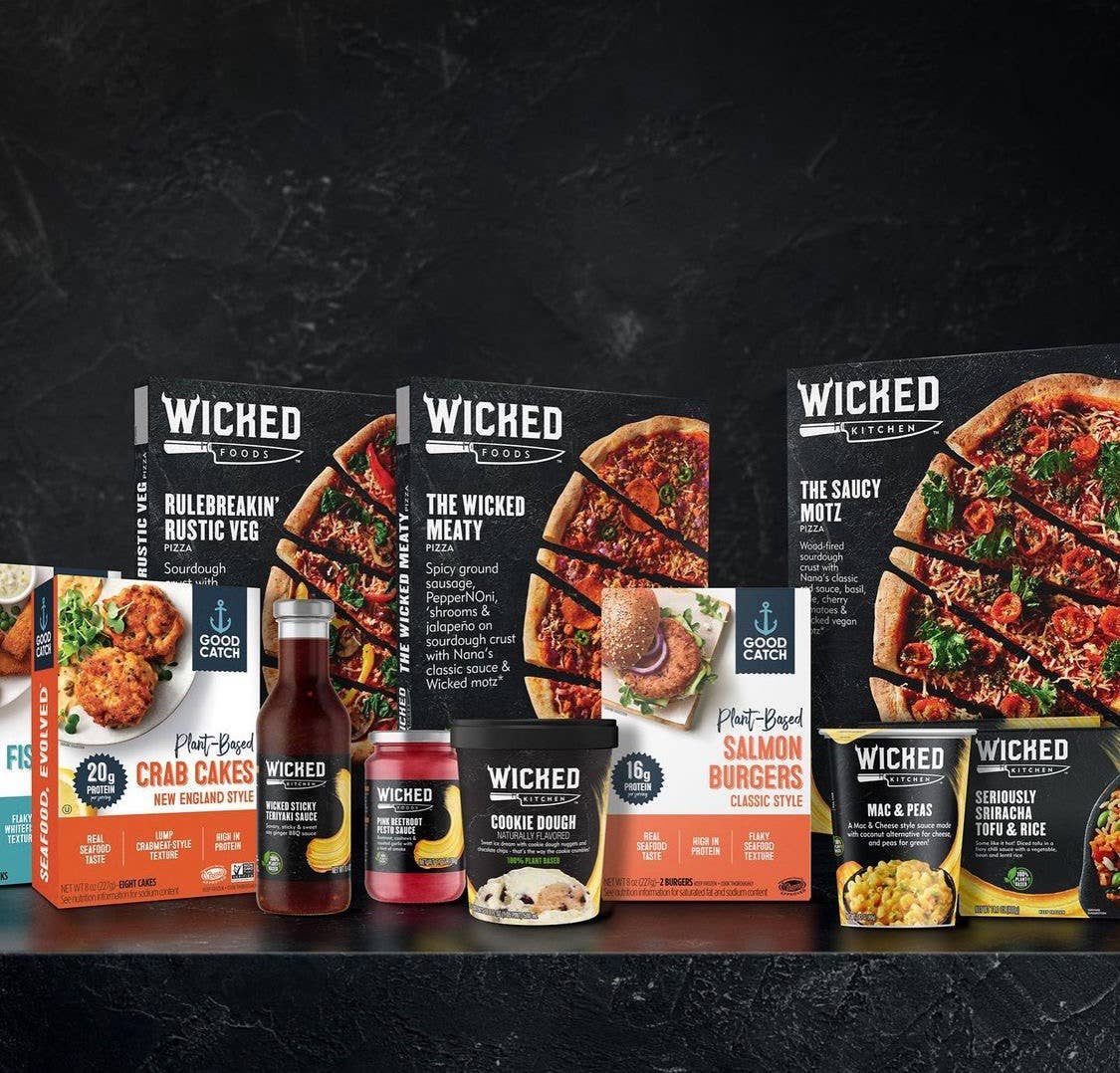
Future Meat Secures Largest Investment in Cultured Meat, $347 Million
The cultured meat market just reached another milestone as Israel-based Future Meat Technologies (FMT) closes the biggest funding round in industry history. The food tech company revealed that it secured $347 million during its Series B funding round, signifying rapid acceptance and growth within the alternative protein sector.
FMT’s funding round was led by the multinational agribusiness giant ADM as well as Tyson’s investment arm Tyson New Ventures (TNV). The investment and involvement of the international meat giant will propel FMT into global markets. To prepare for regulatory approval worldwide, FMT developed a slaughter-free, lab-grown protein that intends to meet price parity with conventional animal-based meat in the coming years. The food tech company cuts costs with a proprietary blend of plant-based protein, cell-based meat, and lab-grown fat, reducing costs compared to market competitors.
“We are incredibly excited by the massive support of our global network of strategic and financial investors,” Founder and President of FMT Yaakov Nahmias said in a statement. “This financing consolidates Future Meat’s position as the leading player in the cultivated meat industry, just three years after our launch. Our singular technology reduced production costs faster than anyone thought possible, paving the way for a massive expansion of operations.”
The investment package will help FMT prepare for worldwide distribution and expand its production capacity to meet a rising interest in cultured meat products. FMT also developed an animal-free serum that helps cell rejuvenation, ensuring that its steel fermenters remove the waste material and use 70 percent of the nutrients. The process allows the company to recycle more material and create higher cell densities. The cost-cutting system allowed the company to reduce the cost of its signature cultured chicken from $18 per pound to $7.70 per pound.
FMT launched its first cultivated meat plant in Israel earlier this year. The company announced that it plans to open a large-scale production facility in the United States in 2022, looking to expand to international markets pending regulatory approval. While Singapore is the only country to approve the commercialization of cultured meat, several countries including the US and Qatar have begun looking at market approval measures.
“While Future Meat is leading the pack as the fastest-growing company in this space, I truly see the entire cultivated meat industry as a massive agent of change, creating a sustainable future for coming generations,” Nahmias said. “It is our mission to create a more sustainable future for coming generations. Our technology can produce meat on a fraction of the land currently used for meat production.”
FMT is working to increase the market presence of cultured meat in the alternative protein sector. The cultured meat market is projected to reach $2.7 billion by 2030, according to a recent report from ResearchandMarkets.com. The report highlighted that while cultured meat is still in experimental stages, regulatory approval will propel food tech companies into widespread consumer demand. By marketing healthier and more sustainable alternatives, the cultured meat market will appeal to a large population of concerned consumers while maintaining the taste and texture of traditional meat products.
Alongside meat giant Tyson, several celebrity investors have taken an interest in cultivated meat. Both Leonardo DiCaprio and Ashton Kutcher announced support for cultivated meat companies, becoming key investors to companies including Aleph Farms, Mosa Meat, and MeaTech 3D. The investments indicate a popular interest in sustainable protein alternatives, and even though the market still awaits regulatory approval, the companies are working to enter a widely accepting market.
FMT’s historic funding round surpasses GOOD Meat’s $170 million dollar investment package, officially becoming the leader in the cultivated meat market. Eat Just’s cultivated protein arm GOOD Meat's total investment recently reached $267 million as it prepares for international distribution. GOOD Meat became the first cultivated meat company to sell its products commercially in Singapore last year.
Now, meat and dairy giants such as Tyson and Nestle have started considering the long-term valuation of the cultivated meat companies. Nestle announced earlier this year that it will be considering a partnership with FMT to include cell-based meat in its Garden Gourmet selection. Alongside Tyson’s investment, FMT is entering a broad market by working with the industry giants, intending to bring sustainable meat to consumers everywhere.
“For many years we have been investing in our protein expertise and the development of proprietary technologies for plat-based meat alternatives, allowing us to continuously expand our wide range of tasty and nutritious products with a lower environmental impact,” Head of Nestle Institue of Material Sciences Reinhard Behringer said at the time. “To complement these efforts we’re also exploring technologies that could lead to animal-friendly alternatives that are nutritious, sustainable, and close to met in terms of taste, flavor, and texture.”
Fast-food restaurants have finally got the memo that their customer base isn’t just coming through for a burger, fried chicken, or a beef taco. Many now have plant-based foods and are coming up with creative, delicious ways to get more greens on the menu. Here are the 6 best fast-food chains with plant-based options on the menu.
1. Burger King
Turns out there’s a lot more to rely on than a salad if you’re eating plant-based. Burger King has the Impossible Whopper featuring a meatless patty as well as a few secretly vegan options such as the French Toast Sticks and Hashbrowns.
2. White Castle
Known for its mini square-shaped sliders, this hamburger chain jumped on the plant-based bandwagon at some participating locations. You can find an Impossible Slider on some White Castle menus.
3. Del Taco
This was the first national Mexican fast-food chain to offer Beyond Meat at the company’s 580 restaurants across the country. Del Taco has the Beyond Avocado Taco on the menu along with the Epic Beyond Original Mex Burrito and Avocado Veggie Bowl.
4. Carl's Jr.
Another brand synonymous with beef burgers, Carl’s Jr. offers several plant-based options for veggie and plant lover such as Beyond Famous Star Burger and Guacamole Thickburger.
5. Taco Bell
This fast-food restaurant may have been one of the first you frequented while transitioning to plant-based eating. That’s because Taco Bell has eight million vegetarian combinations and sells 350 million vegetarian items a year through menu substitutions or ordering off their vegetarian menu. In fact, they were the first quick-service restaurant to offer American Vegetarian Association (AVA) certified food options.
6. Starbucks
From the time it started offering breakfast sandwiches in 2006, the coffee conglomerate became a competitor in the fast-food space. You can get your favorite hot and cold beverages made with almond, coconut or oat milk but there are also plant-based food options available such as the Baja Black Bean Veggie Wrap, bagel with vegan cream cheese and Impossible Breakfast Sandwich.
More From The Beet






